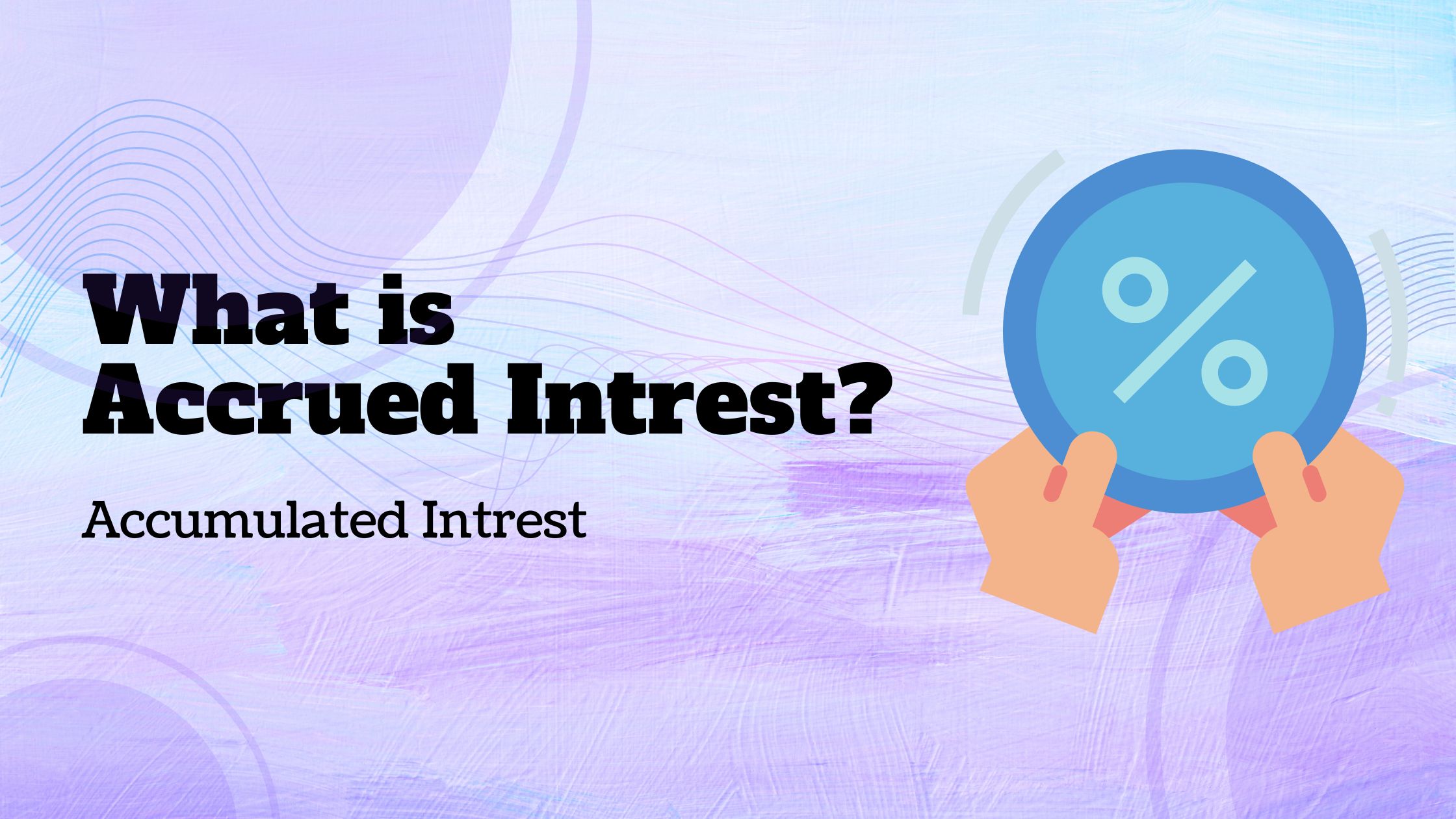

Accrued interest is the interest that has accumulated since the previous interest rate on security. The buyer typically pays the seller for the interest incurred, either as part of the purchase price or as a separate payment, if a security is sold between two payment periods.
Customer to Bank Executive: I want to redeem my FD.
Bank: sure sir.
Customer: How much interest will I get?
Bank: 0%, since it has not matured yet.
It provides a mechanism to track interest that has accumulated over time but hasn’t yet been paid. Whether or not the money has been received, transactions must be recorded as they happen under accrual accounting. This revenue recognition concept is maintained in your records by recording accrued interest on your income statement.
Imagine that a corporation borrows money to buy equipment for the business. This loan’s interest is paid on the first of every month. Before making its first interest payment in a given month, the business could employ this equipment to produce some money. In its present monthly records, the company would note the interest it anticipates paying on the first of the next month. Despite not yet receiving the money in person, the bank would nonetheless report this interest as income for the current month’s accounting period.
Using the accrued interest calculation below, you may determine how much interest should be recorded:
(Interest Rate x (Days / 365)) x Loan Value equals accrued interest.
With accounting periods based on the calendar month or year, this fundamental formula, which displays the interest rate as a percentage, performs well. You can change it as necessary to match the financial conditions or requirements of your company.
Now try to answer this numerical,
Ram purchased a bond of worth Rs.10,000 by which he can have a 15% annual return. after 123 days he sold bonds to Shayam and then calculate the total amount which is to be paid from Shayam to Ram.
Comment your answer.

The amount of interest generated on a loan, such as a bond, but not yet collected is known as accrued interest.
We hope We gave you some insights about accrued interest and delivered it in the best possible way.
Let us know what you think about accrued interest.
DO SHARE THIS ARTICLE with your friends or family. You can tweet out your thoughts by tagging us @rupayrajat on Twitter.
Subscribe to the News Letter, so that you get an update right next to your email.
To your Investing Journey
Cheers

Rupay Rajat is a financial and investing blog. I write about financial instruments and the stock market in the most easiest language.
Latest Post

Let’s Unveiling the Power of Compounding in the Stock Market

Mutual fund vs Fixed deposit – Where should you Invest?

How to invest in Mutual Funds? Easy Ways to Invest

What is Mutual Fund? Simple Types of Mutual Fund

29 Best Stock Market Websites (Useful Websites and Apps)

What is the difference between share market and stock market?

How the Stock Market Works in an Unusual Way

What is the Buyback of shares? What happens after Buyback?

What is Bonus Share? How Can I get One?

What is Stock Split? What will happen to shares after that?

What is the Book Value of a share? Valuation Metric of Share

What is the Face Value of the Share? Importance, Example

What are the voting rights of a shareholder? Importance

What is an Adjustable peg? Effect of Forex Market

What is Adhoc Margin? Who Collects from Whom?